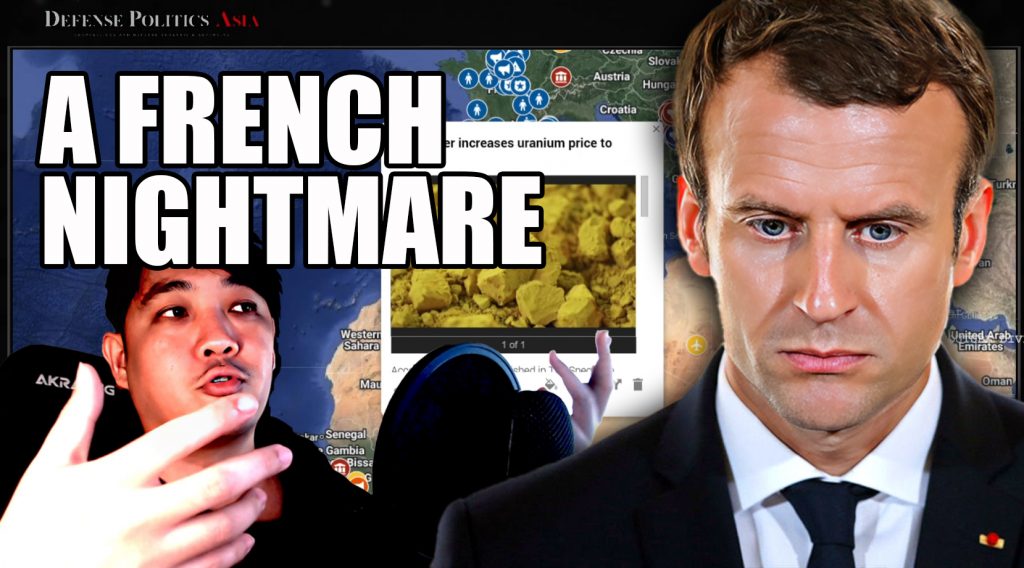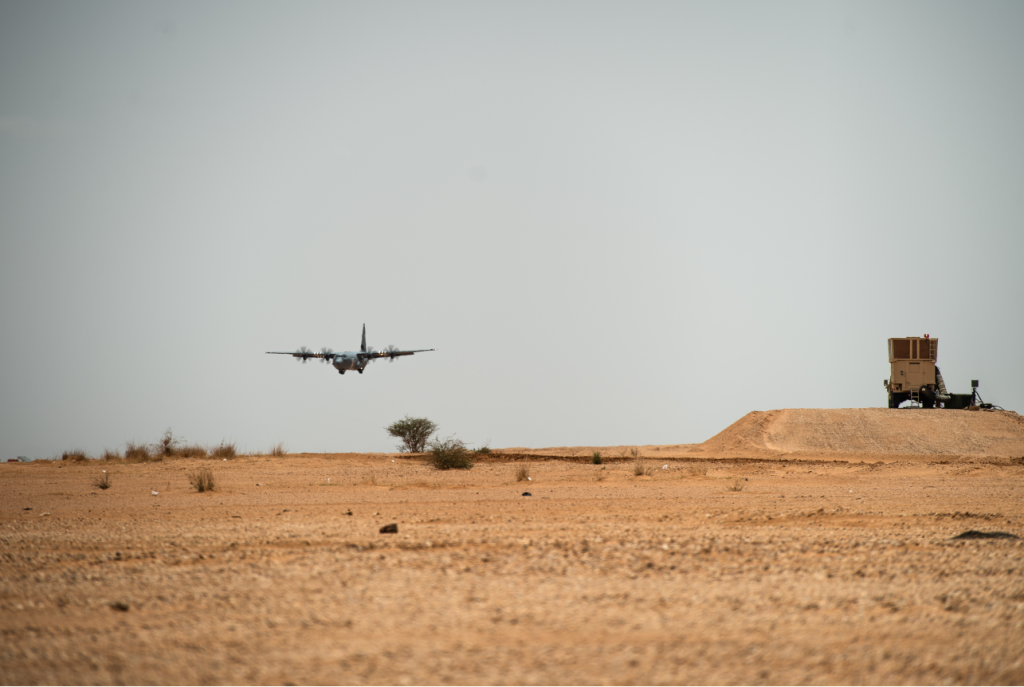Niger Junta’s fight for economic justice and independence is pushing France to its limits
Recently, Niger made a seismic shift in its uranium pricing strategy, sending shockwaves across the international community. The decision to escalate uranium prices from a mere €0.80 per kilogram to €200 per kilogram has ramifications that extend well beyond economics.

Economic Transformation Amidst Political Upheaval: Uranium Price Surge
Niger’s bold move to significantly increase uranium prices marks a watershed moment in the nation’s economic history, catalyzed by the ongoing military coup that has upended the nation’s political landscape. As the seventh-largest uranium producer globally, Niger has endured prolonged exploitation by French corporations, procuring its uranium at an astonishingly low price of €0.40 per kilogram for over six decades. The price hike signifies a resolute effort to align Niger’s uranium pricing with the global market, rectifying historical imbalances and striving for a more equitable distribution of wealth. It epitomizes Niger’s resolve to liberate itself from neo-colonial shackles.

Diplomatic Strain: France and Niger’s Tense Relations
The reverberations of Niger’s military coup have reverberated through diplomatic corridors, straining relations between Niger and its long-standing uranium purchaser, France. Niger’s determination to expel France from its borders and halt the exploitation by its former colonial master by raising uranium prices has reached a boiling point. The expulsion of French Ambassador Sylvain Itte and allegations of the Nigerien military blocking food deliveries to the French embassy have escalated tensions to unprecedented levels. The European Union’s steadfast support for France in this diplomatic standoff, coupled with the assertion that the region requires a new “European solution” as opposed to the previous “French solution,” adds layers of complexity to an already intricate situation.

Regional Dynamics: Sahel’s Shifting Alliances
The emergence of the Alliance of Sahel States (ASS), comprising Mali, Burkina Faso, and Niger, symbolizes tectonic shifts in the delicate power balance within the Sahel region. Beyond its collective defense aspirations, this alliance seeks mutual assistance in addressing regional challenges, notably terrorism, as a counter to French claims that the region needs France for its security against Jihadists. It represents a pivot that could potentially reshape long-standing regional alliances and strategies, marking a growing resistance against France and further complicating the geopolitical landscape.

U.S. Military Adaptations: Elevated Security Concerns
The United States has been closely monitoring these unfolding events and responding to the evolving security landscape. The notable redeployment of non-essential personnel and the initiation of surveillance flights underscore heightened security concerns. While the United States maintains its commitment to counterterrorism efforts in the region, these adjustments highlight the evolving security dynamics and the imperative for adaptability in the face of growing uncertainty. It’s worth noting that the Niger junta has not demanded the departure of American forces, as they have with the French.


Legal Battles: Ousted President’s Fight for Power
Former President Mohamed Bazoum, ousted during the coup, has embarked on a legal journey to regain power. He has filed a lawsuit with the ECOWAS court, alleging arbitrary arrest and the violation of his freedom of movement. However, the court’s authority and influence over Niger’s current political situation remain uncertain, particularly with ECOWAS threatening military action against Niger, leaving Bazoum’s legal endeavor with slim chances of success.

Global Implications: France’s Influence and Regional Strategies
France’s influence in the Sahel region now faces a formidable test. With the European Union championing “African-led solutions” to regional challenges, Niger’s uranium pricing strategy and the ensuing diplomatic crisis underscore the intricate interplay of geopolitics, regional strategies, and economic interests. The outcome will not only shape Niger’s future but also reverberate throughout the broader Sahel region, potentially realigning global dynamics. As the region slowly but resolutely fights back against French influence, the world watches closely.
As Niger grapples with the consequences of its uranium pricing strategy and the geopolitical ripple effects it has set in motion, the world watches closely. It is keenly aware that this crisis transcends economic considerations and may ultimately redefine the balance of power in the Sahel, with far-reaching consequences for the global stage.

France’s options and path forward remains uncertain, as Niger had basically outplayed France every step of the way – with narrowing options on the table – going to war or at least some form of military action is probably the only path of possible “victory” left to reverse the consequences brought on by the Niger coup.
Full Video Report:

